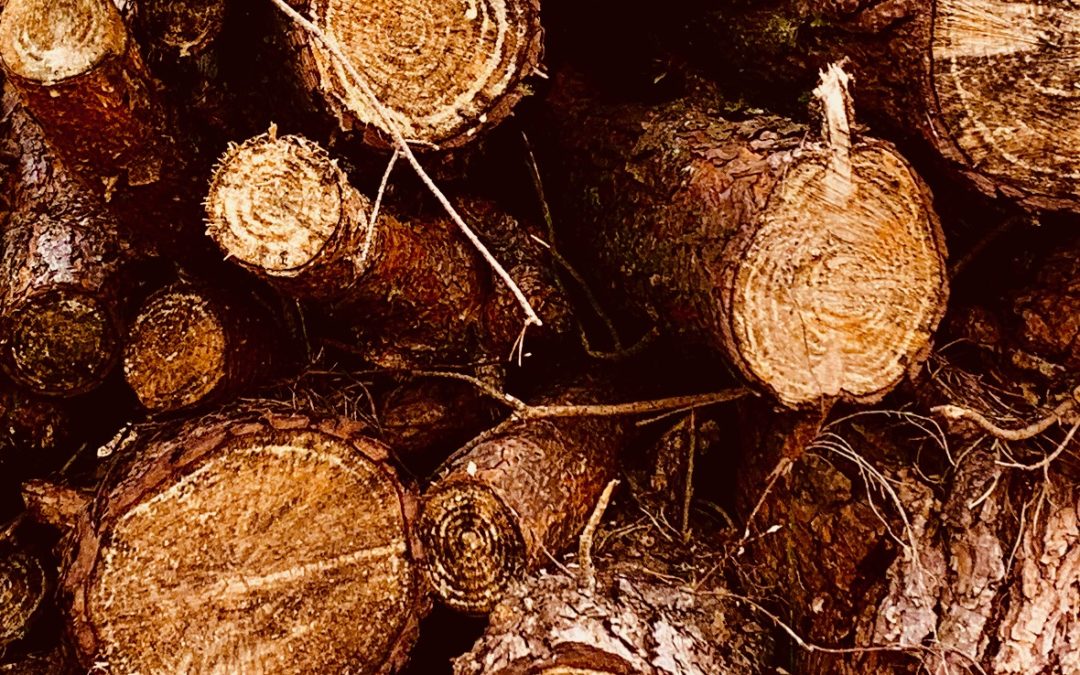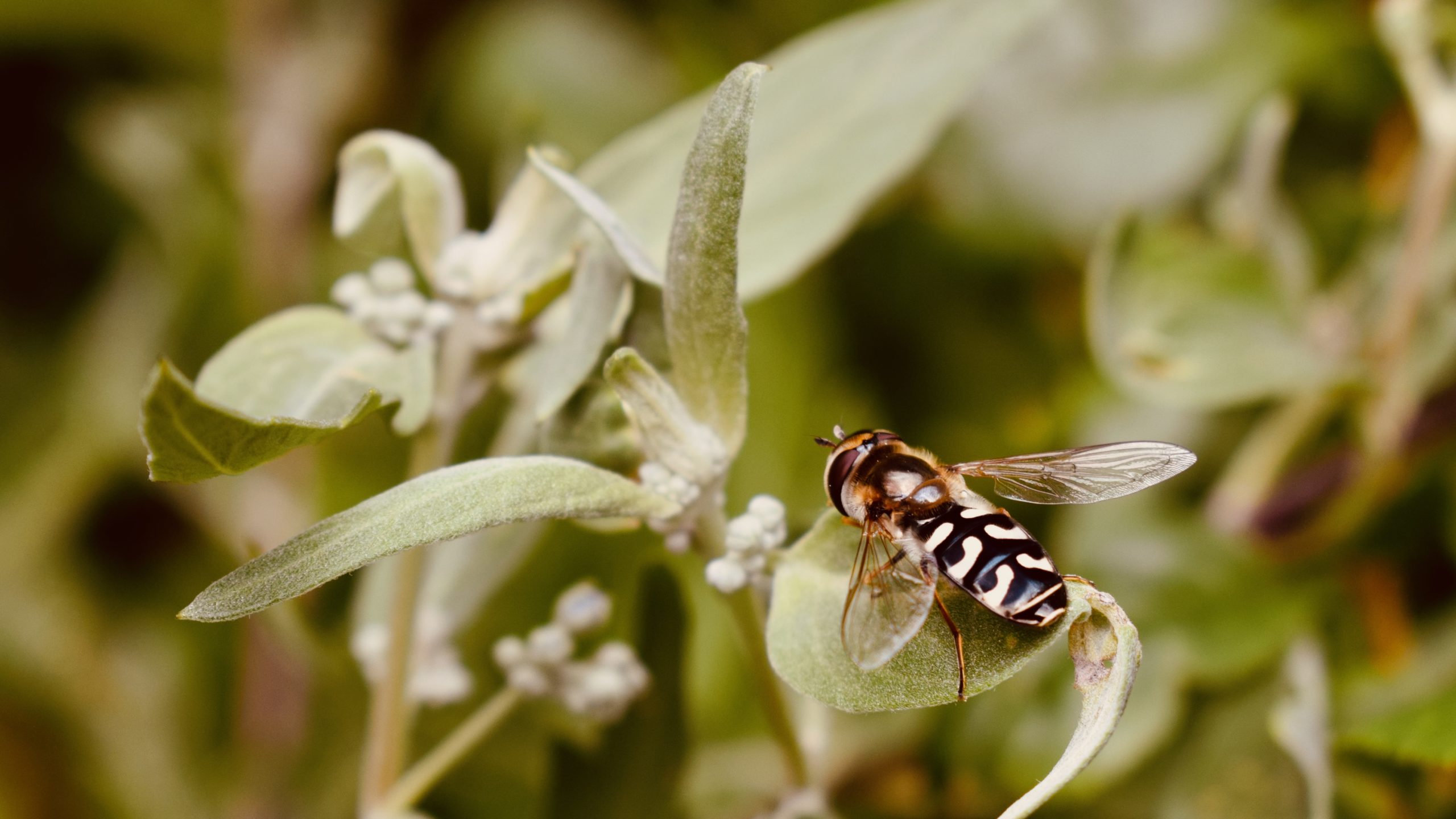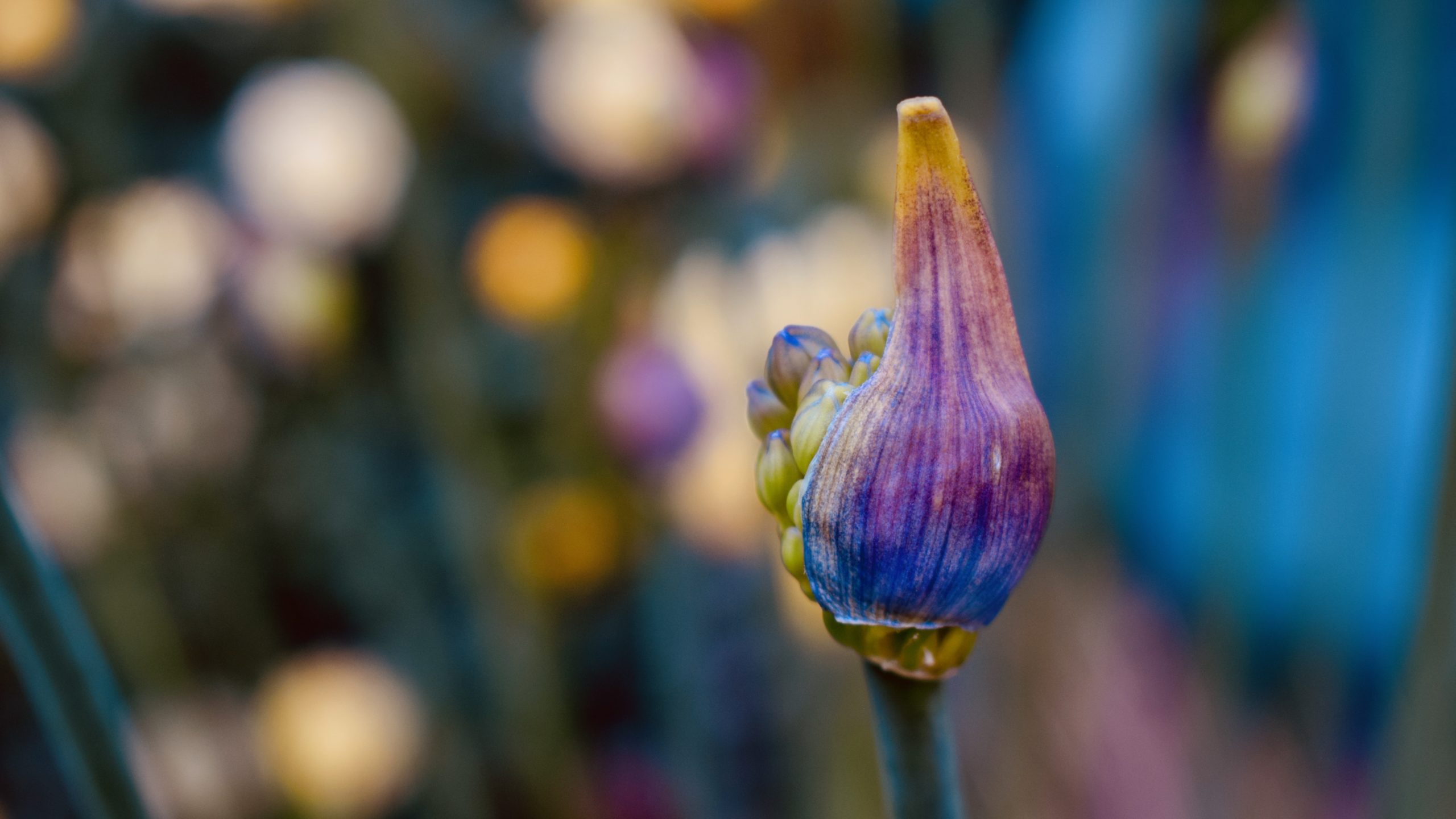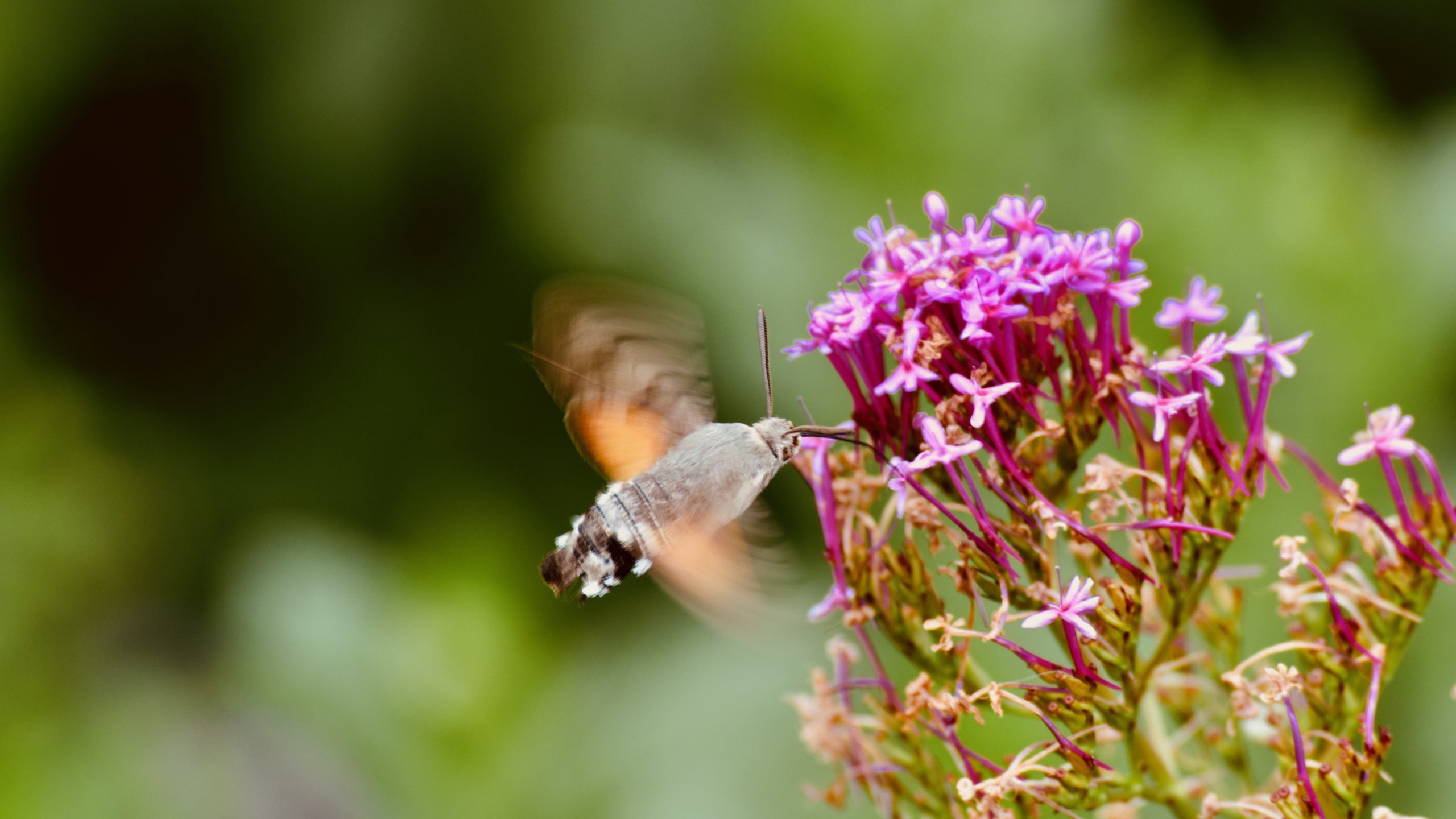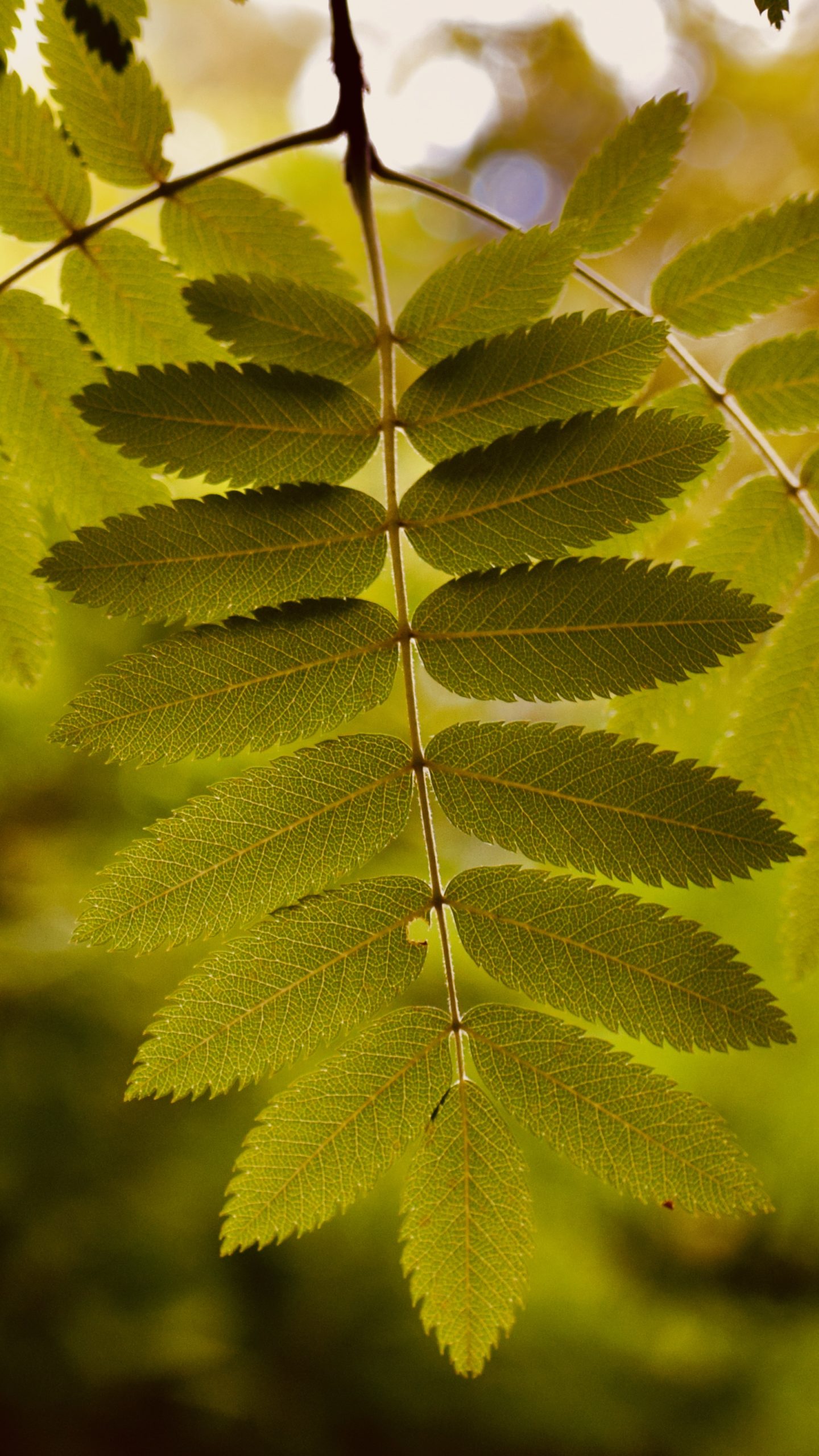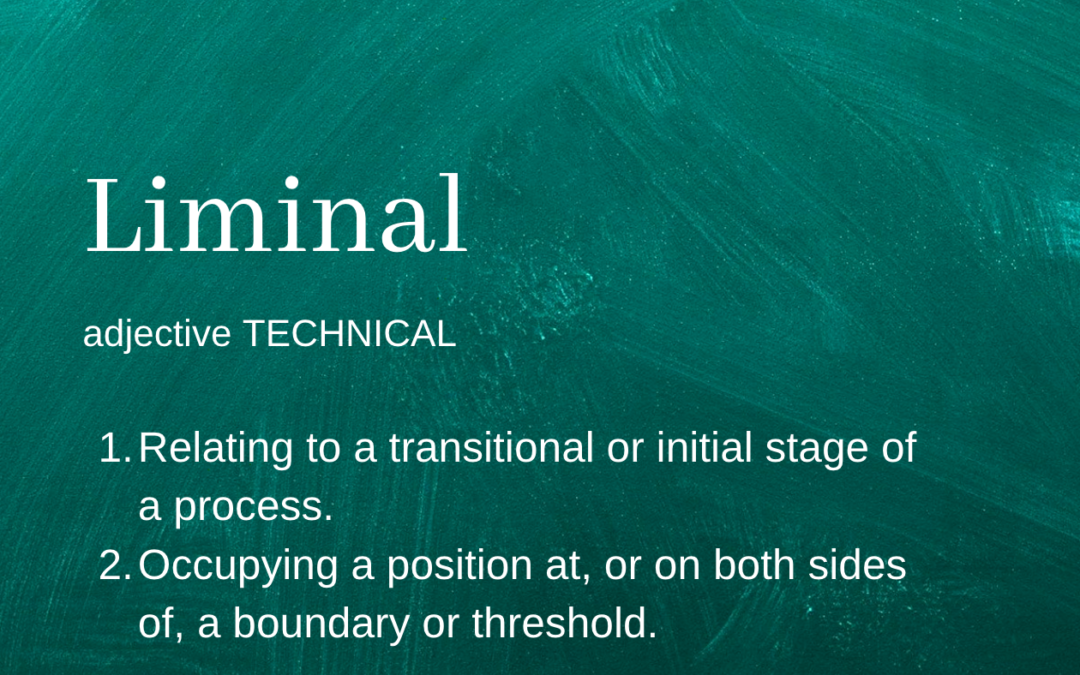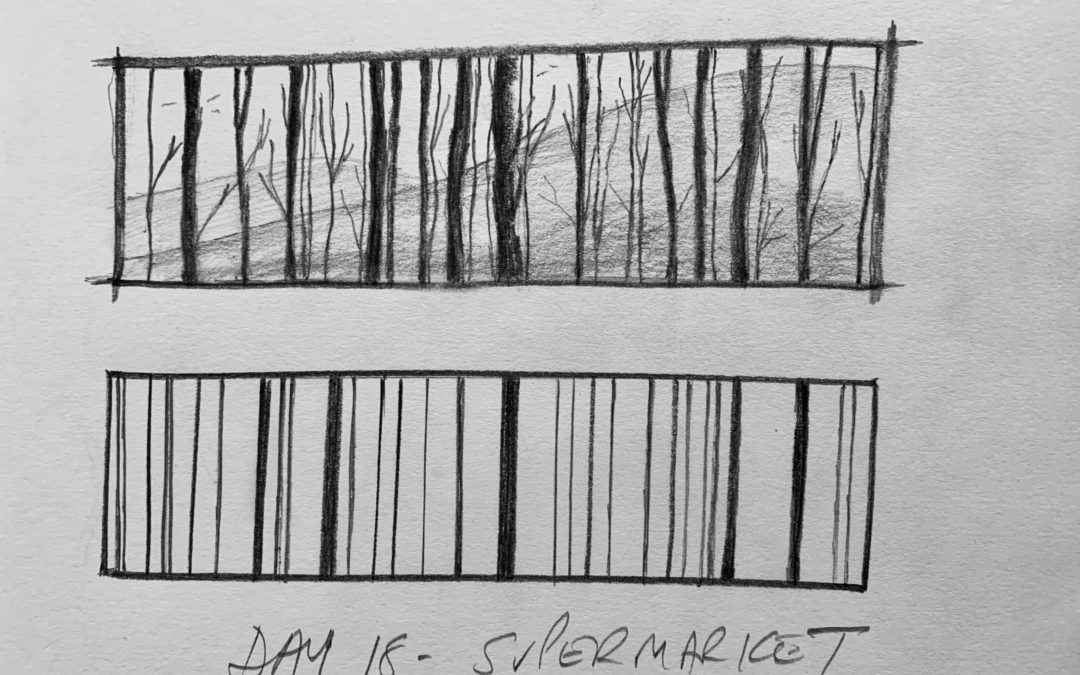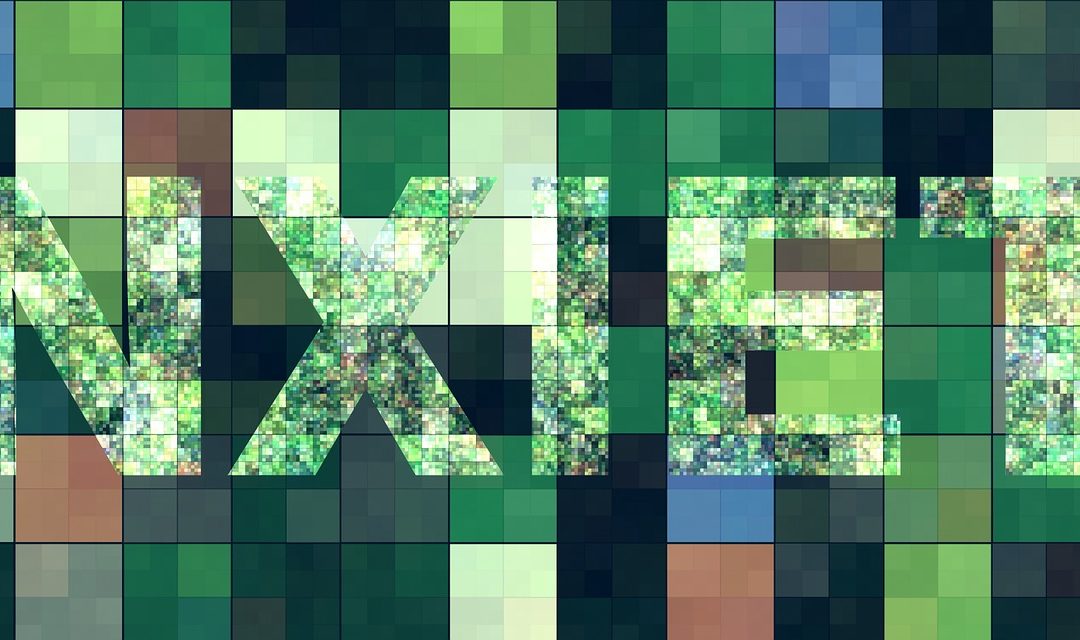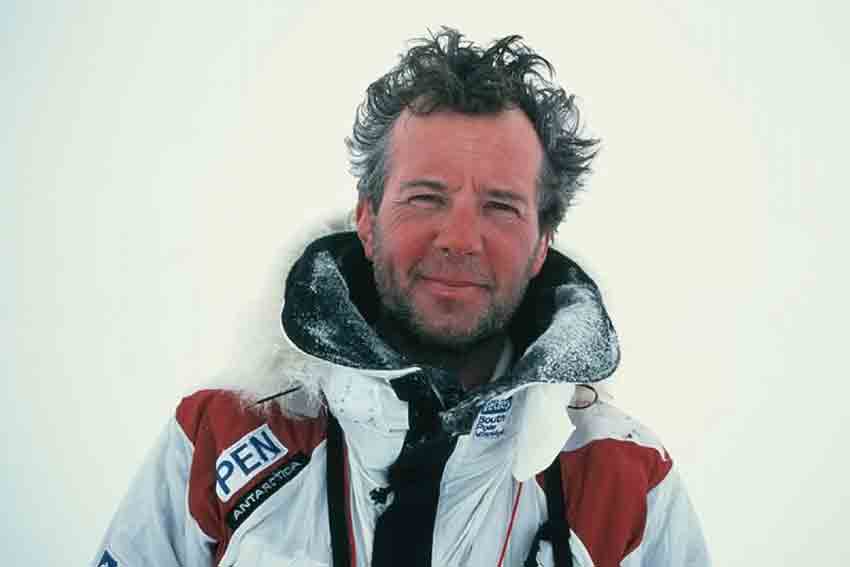
The Three C’s of Wellbeing: Culture, Collaboration & Consolidation
Much has been written about the impact of the pandemic on mental wellbeing and the annual Mental Health Awareness week helps to highlight these issues. However mental wellbeing shouldn’t be confined to 7 days, and despite all the challenges, it is encouraging how many LSA member firms have taken innovative approaches to supporting and enhancing staff wellbeing during the last year. Others are chartering new territory or are under pressure to improve, at speed, their approach to staff wellbeing. Key to the developing initiatives is a focus on Culture, Collaboration and Consolidation.
Culture
Now is the time for firms to engage with staff at all levels to understand what has been learnt during the pandemic about behaviours and strategies which have impacted on wellbeing, psychological safety and belonging. What has worked and what hasn’t worked? How has all of this impacted in the confidence staff have in your firm’s culture? Is there now more trust and engagement which will support openness and validation of mental wellbeing issues? A facilitated audit and engagement process can promote the necessary learning on which companies can build their future wellbeing approach.
Collaboration
It is widely accepted that we will not return to the practice of all staff coming together in a central office space on a daily basis. It will be used where face to face collaboration is required. Different staff groups should be engaged to define their need for collaborative space. Access to this will be important for the identification and response to potential and developing mental wellbeing issues. Managers will need ongoing support to have conversations about mental wellbeing, to promote diversity and to handle difficult staffing issues remotely whilst recognising where a face to face meeting is required. A facilitated staff engagement process, together with workshops and mentoring for managers can support these developments.
Consolidation
Law firms of all sizes need to ensure they have a robust Wellbeing plan or strategy to consolidate and deliver their vision. It needs to be embedded in all levels of the organisation and be central to all policies and protocols. There needs to be clear definitions and measurements of the outcomes of the strategy. A word of warning too – firms should guard against it becoming an add on or a tick box exercise in which they seek evidence to reassure themselves they are taking action rather than proactively analysing and understanding the impact their approach is having. The strategy should be underpinned by ongoing communication and engagement which keeps staff updated and encourages and acts on staff feedback and contribution.
For more information see our Factsheet. For advice on how your company can develop and implement a wellbeing strategy contact Achill Management: [email protected].
Blog by Cheryl Fenton
Associate Achill Management

